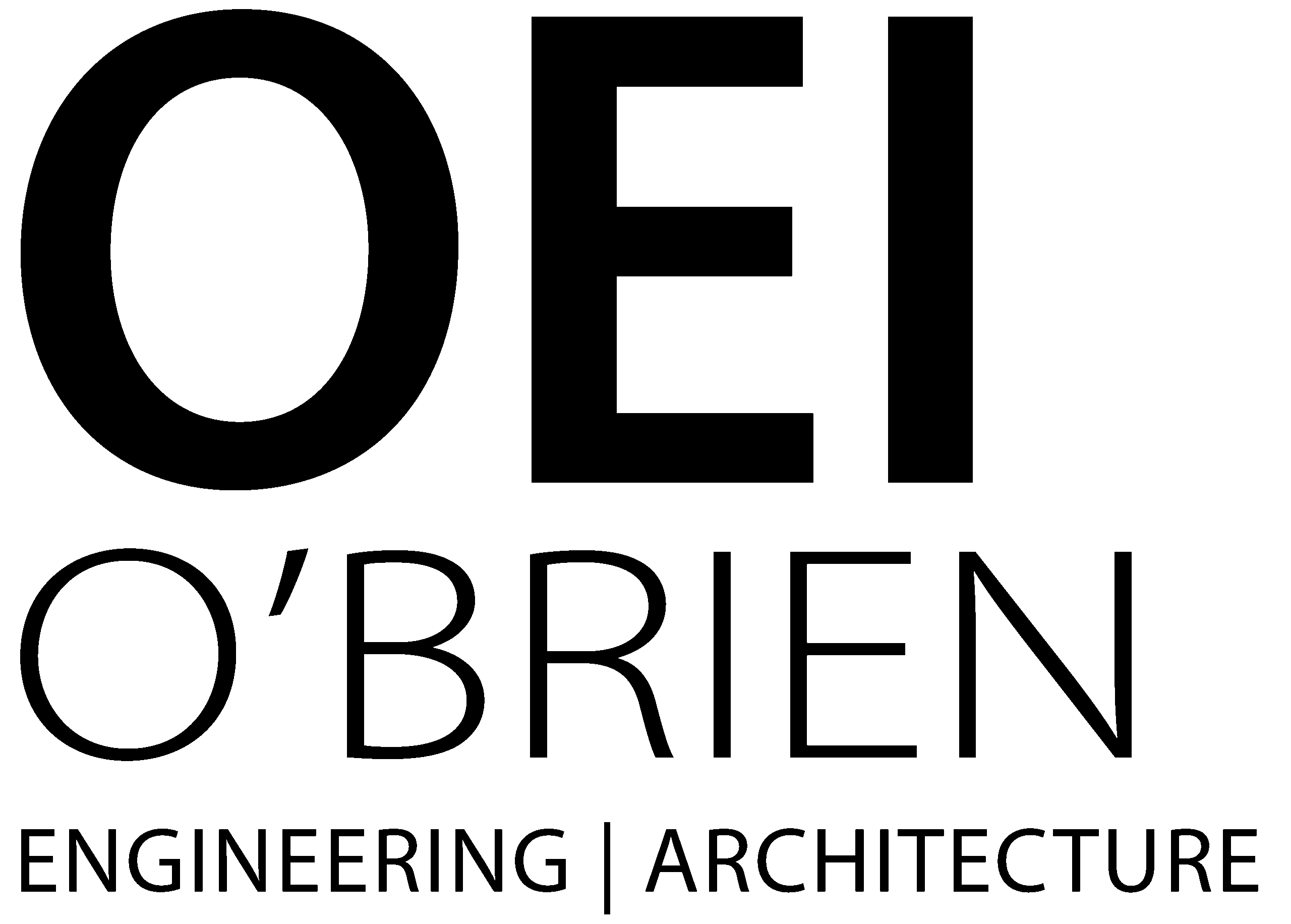Wastewater collection system design is integral to the proper management of a community’s water resource management system. More than 3.5 billion people don’t have access to properly managed sanitation. Civil engineers continue to work with communities and other entities to provide more efficient water management systems.
Here are three frequently asked questions about basic wastewater management.
What is wastewater collection?
The term “wastewater” refers to water that was used in a home or business but can also refer to runoff from rainfall. Wastewater collection is managed through an infrastructure system that transports wastewater to a treatment facility or natural waterway. At a wastewater, or sewer, treatment facility, solid waste, and other pollutants are removed, then the water is sent back into the clean water system or another body of natural water.
Are there different types of systems?
Wastewater collection system design decisions are made based on several factors including terrain and type of waste. The three primary systems are:
- Storm Water Systems: Contain water in the form of surface runoff from a natural weather event. This water isn’t treated but sent directly to a natural waterway.
- Sanitary Sewer Systems: Contain only sanitary waste which is sent to a treatment facility to be decontaminated.
- Combined Systems: Both natural and sanitary waste enter this system that also flows to a treatment facility unless the system reaches max capacity.
The water in each of these systems can be transported to a natural waterway or treatment facility by gravity, low-pressure systems, or vacuum systems.
Why are these systems important?
Effective wastewater management systems help provide communities with consistent access to clean water. In the United States, 92% of the population has access to water systems that meet health-based standards.
These systems benefit communities in many ways by ensuring:
- Cleaner and healthier natural environments
- Increased quality of life for residents and animals
- Lower risk of waterborne illness
A community’s advanced planning and investment in water resource management systems create a more sustainable and safe future.
Wastewater collection system design at OEI
Do you know the condition of your community’s water infrastructure systems? The expert team of engineers at OEI has extensive experience in water management systems and plumbing design and can conduct a facility assessment. Once we know the state of your infrastructure, our team can then make recommendations for repair, upgrade, or future maintenance with a carefully prepared wastewater collection system design.
Contact OEI today to learn more about improving your community’s wastewater management strategy.
